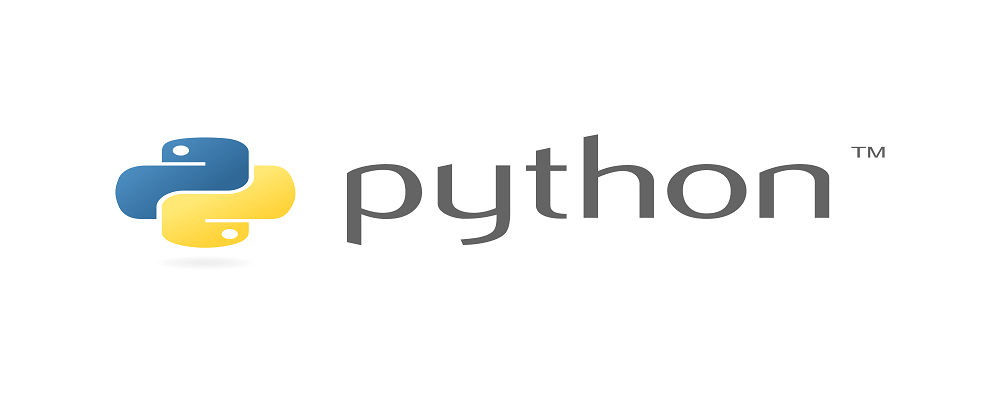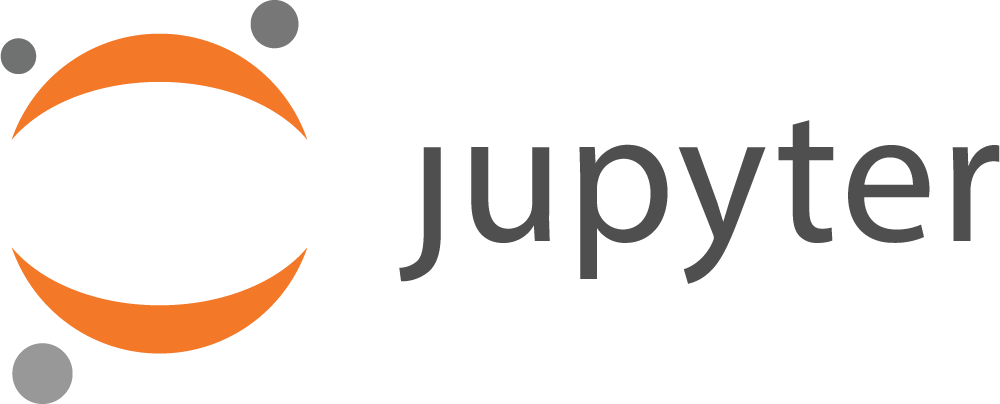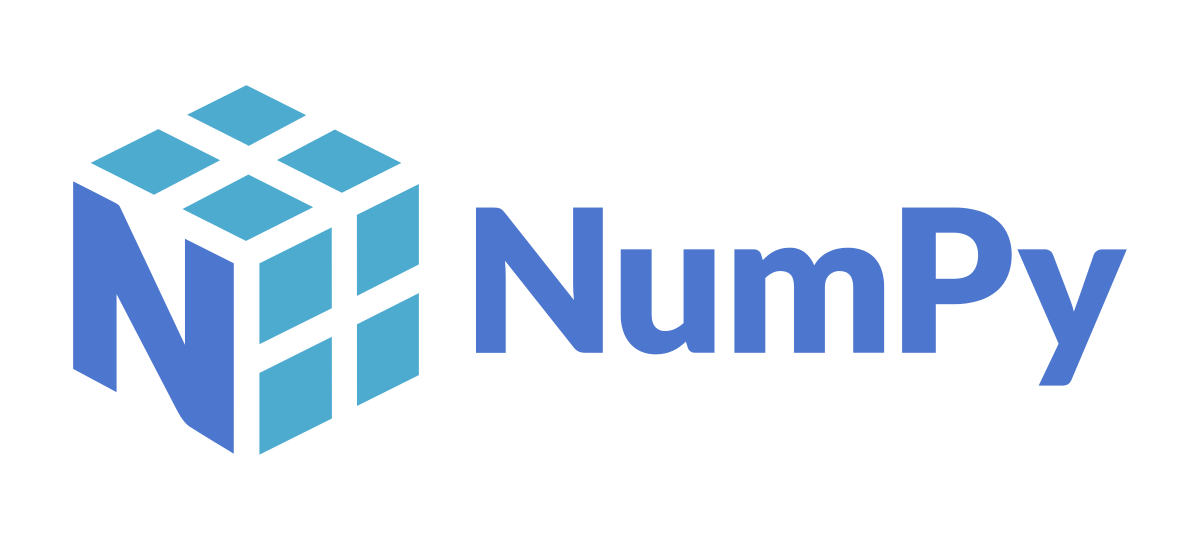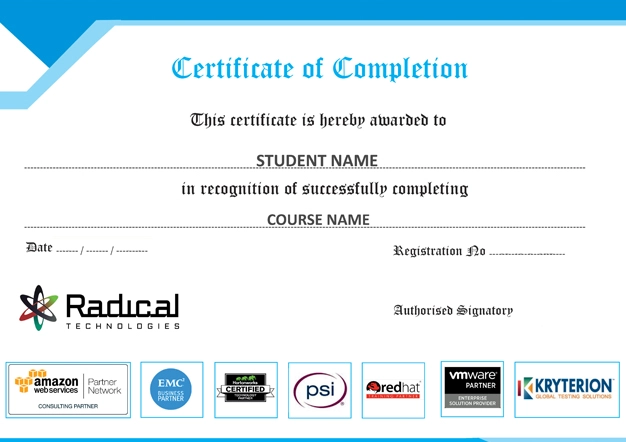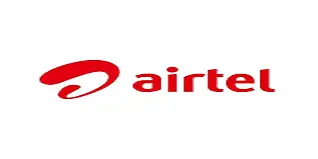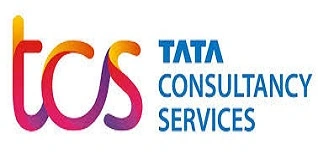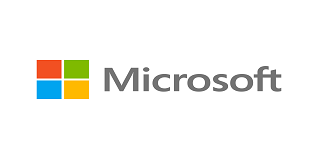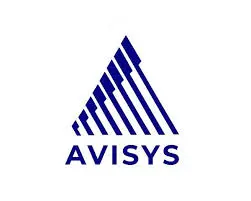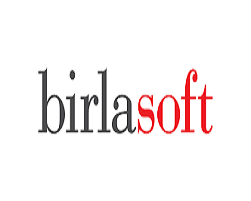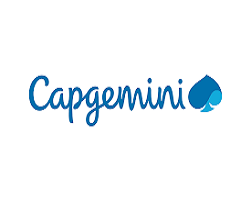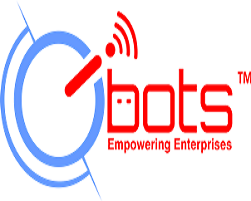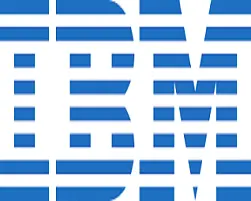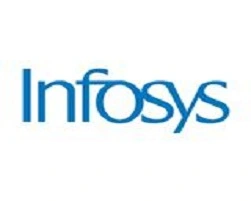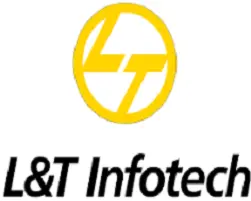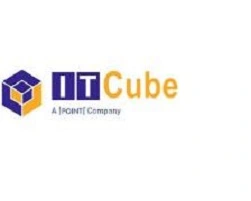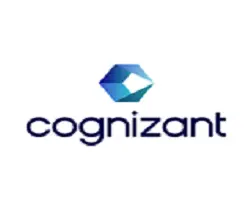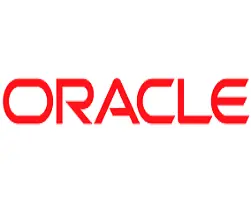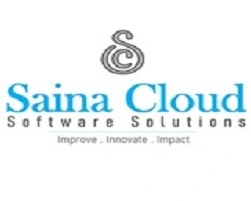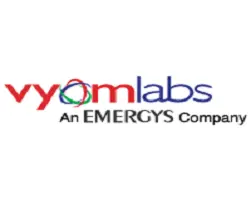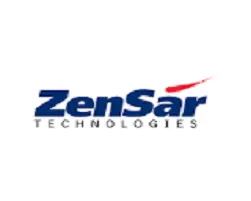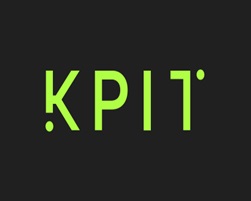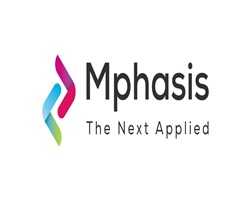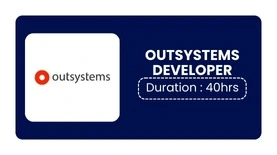1. Dynamic Website Development
PHP is extensively used for building interactive and dynamic websites. It enables real-time data fetching, user authentication, and personalized content delivery. Many popular websites, including social networking platforms and business portals, leverage PHP for a seamless user experience.
2. E-Commerce Development
Online shopping platforms require robust functionality, including product listings, secure payment gateways, and inventory management. PHP frameworks like Laravel and CodeIgniter, along with platforms like WooCommerce and Magento, are widely used for developing feature-rich e-commerce websites.
3. Content Management Systems (CMS)
PHP powers some of the most popular CMS platforms, such as WordPress, Joomla, and Drupal. These systems allow users to create, manage, and update website content effortlessly without extensive coding knowledge.
4. Web-Based Applications
PHP is ideal for developing a wide range of web-based applications, including:
Customer Relationship Management (CRM) Software – Helps businesses manage interactions with customers efficiently.
Enterprise Resource Planning (ERP) Systems – Enables organizations to automate business operations.
Online Booking Systems – Used in industries like travel, healthcare, and hospitality.
5. API Development & Integration
PHP allows developers to create and integrate APIs (Application Programming Interfaces) for seamless communication between different applications. It enables secure data exchange and connectivity with third-party services like payment gateways, social media platforms, and cloud storage solutions.
6. Forum & Community Portals
Online forums, discussion boards, and social communities are often developed using PHP. Platforms like phpBB and Vanilla Forums offer customizable solutions for businesses and communities to engage with users effectively.
7. Online Learning Platforms (E-Learning Systems)
With the growing demand for digital education, PHP-based Learning Management Systems (LMS) like Moodle facilitate online course management, student tracking, and interactive learning experiences.
8. Real-Time Chat Applications
PHP, in combination with technologies like WebSockets, enables the development of real-time chat applications and customer support systems. This is widely used in customer service platforms and business communication tools.
9. Healthcare & Medical Portals
PHP is used to develop medical portals that allow online appointment booking, patient record management, and telemedicine services. These platforms enhance accessibility and efficiency in the healthcare industry.
10. Blogging & News Websites
Many blogging and news websites run on PHP-based CMS platforms like WordPress. PHP ensures seamless content management, SEO-friendly URL structures, and optimized site performance for better search engine rankings.



